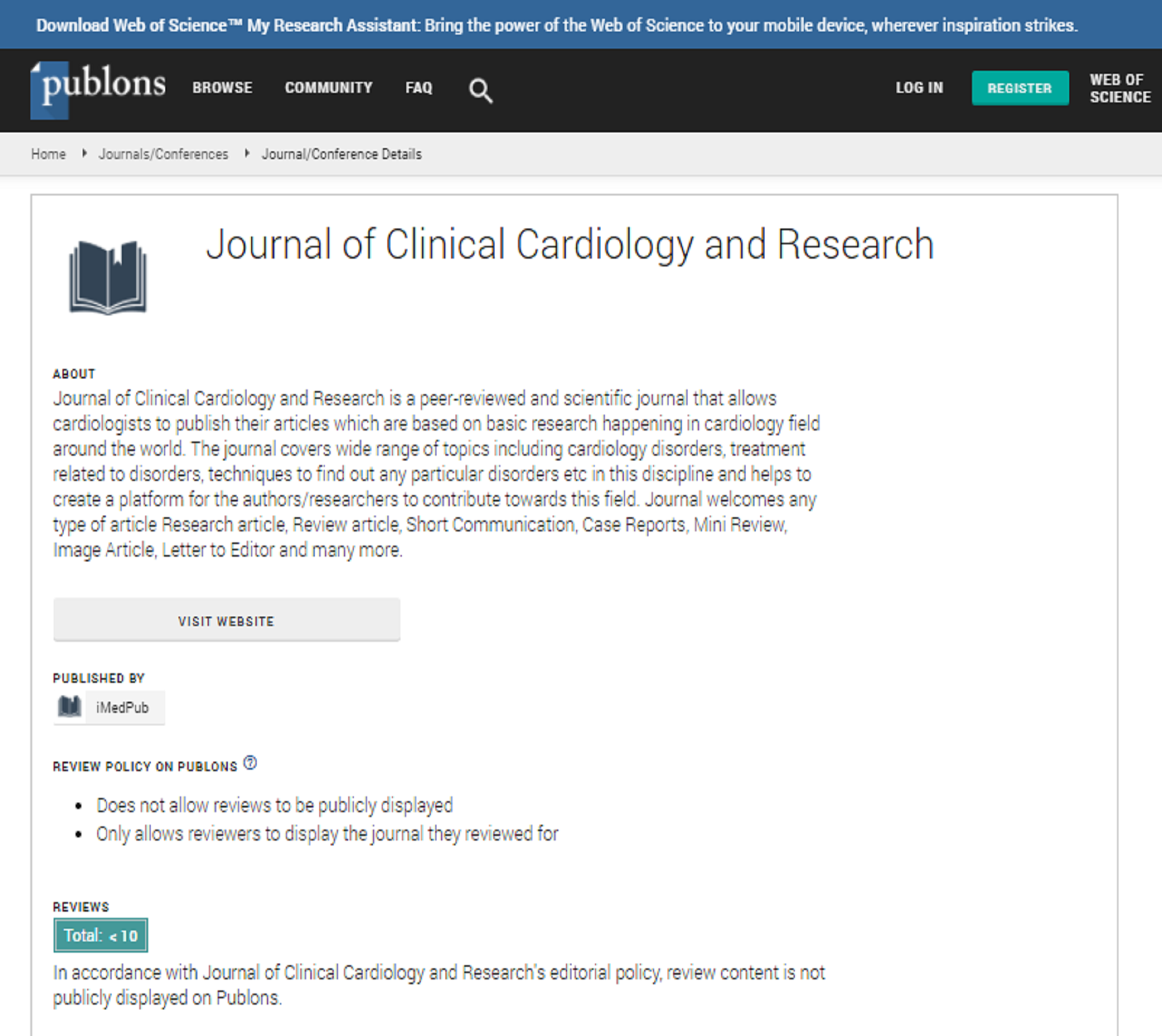Abstract
Novel stem-cell-based approaches in the development of cyclin-dependent kinase inhibitors as new therapeutics in cardiology
Cardiovascular diseases (CVD) remain the leading cause of morbidity and mortality worldwide, resulting in more than 17.5 million global deaths per annum. Current therapeutic treatments are limited in effectiveness, and research in the field of cardiology is ongoing to address this alarming health issue. The lack of physiologically relevant preclinical models has been identified as the underlying cause of inefficacy where preclinical trials of therapies have often looked to animal models. As a consequence, innovative research into the use of stem cells as model systems in cardiovascular drug discovery is underway. Human embryonic stem cells (hESCs) hold great promise in bringing new and effective cardiovascular treatments to the market through providing an improved testing platform for pre-clinical drug screening. Cardiomyocytes derived from hESCs aim to overcome the lack of physiologically relevant preclinical models for toxicology testing by providing a novel system that is scalable, reproducible and from an inexhaustible source. Recent research carried out at Abertay University in Dundee, has established a novel human ‘miniheart’ cell-based assay, which involves inducing cardiac hypertrophy within hESC-derived cardiomyocyte clusters using growth factors including Angiotensin II and Endothelin-1. This allows for assessment of the therapeutic potential of novel compounds in treating the hypertrophic condition, and avoids the contentious use of animal models. The effectiveness of cyclin-dependent kinase (CDK) inhibitors as drug candidates for therapeutic intervention in cardiac hypertrophy is currently under investigation. Our data has demonstrated that the CDK inhibiting compounds are successful in preventing the induction of cardiac hypertrophy through inhibition of CDK9.
Memoir:
Nikolai Zhelev is Professor of Medical Biotechnology and Director of CMCBR at Abertay University, Dundee, Scotland. He is also honorary professor in eight universities in UK, China and Bulgaria. Prof. Zhelev has been involved in founding four start-up biotech companies. He is author of books, patents and papers in the field of DNA damage response, cell cycle regulation and drug discovery and development in oncology and cardiology published in reputed journals such as Nature Medicine. Prof Zhelev is currently the President of the European BioDiscovery Federation.
Introduction:
Industrial Biotechnology is the study of the use of enzymes and the use of microorganisms is done to make bio-based products in various sectors such as chemicals, food ingredients, paper, textiles, and many other industries. Industrial Biotechnology is one of the most important fields in working for the implications of health and medicine. Industrial biotechnology involves working with nature to maximize and optimize existing biochemical pathways that can be used in manufacturing. The industrial biotechnology revolution rides on a series of related developments in three fields of study of detailed information derived from the cell: genomics, proteomics, and bioinformatics.
Author(s): Nikolai Zhelev
Abstract | PDF
Share This Article
Google Scholar citation report
Journal of Clinical Cardiology and Research peer review process verified at publons
Abstracted/Indexed in
- Google Scholar
- Publons
Open Access Journals
- Aquaculture & Veterinary Science
- Chemistry & Chemical Sciences
- Clinical Sciences
- Engineering
- General Science
- Genetics & Molecular Biology
- Health Care & Nursing
- Immunology & Microbiology
- Materials Science
- Mathematics & Physics
- Medical Sciences
- Neurology & Psychiatry
- Oncology & Cancer Science
- Pharmaceutical Sciences

